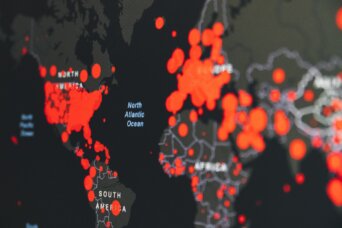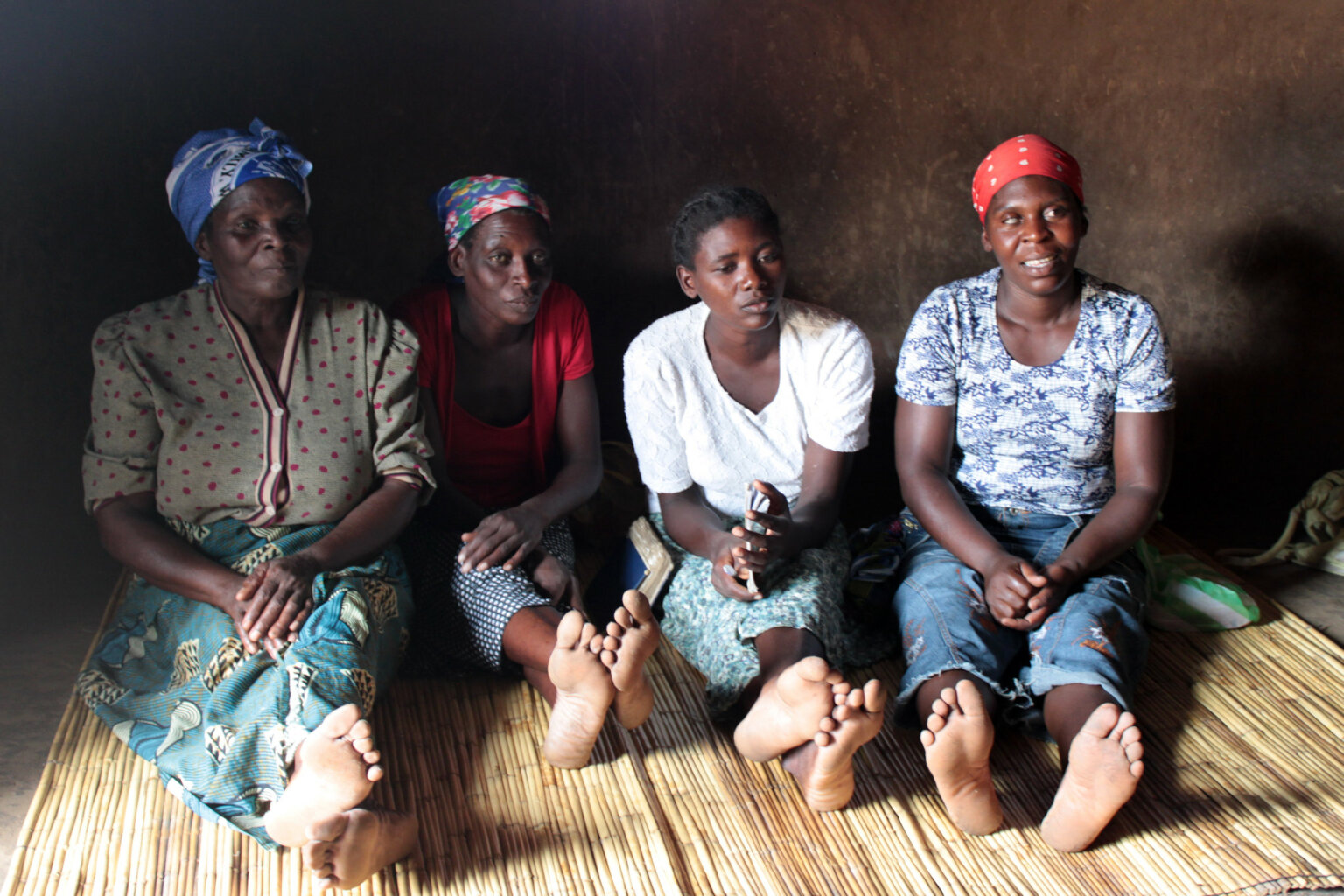- About
- Topics
- Picks
- Audio
- Story
- In-Depth
- Opinion
- News
- Donate
- Signup for our newsletterOur Editors' Best Picks.Send
Read, Debate: Engage.
With the Omicron coronavirus variant now spreading to more countries a few weeks after it was first detected in South Africa, the world has been thrown into a tailspin of anxiety and uncertainty. While there have been some remarkable gains made in the battle against the virus in the last year, the new variants have amplified the urgent need for global collaboration in tackling future pandemics. And as the medical fraternity burns the midnight oil to understand the RNA of the new variant and the world remains on edge over the implications of Omicron, there are vital lessons that previous variants have taught us that remain key in tackling future pandemics.
While scientists have done their best to give the world vaccines to halt the spread of the virus, vaccine apartheid and inequitable distribution of the much needed doses, especially to low-income countries, have dominated international headlines for the last year. For example, out of the almost 8 billion doses that have been administered world over, only a mere 5.5 percent have been distributed to low income nations. First world countries have come under sharp criticism for vaccine nationalism and hoarding while the virus wreaks havoc across the rest of the world.
And then there is the issue of punishing countries for detecting, sequencing and reporting the new variant, as has been the case with South Africa. While issuing travel bans under the current circumstances may be justified by these countries, it isn’t the ultimate solution to tackle the emerging threats considering the interconnectedness of nations.
The recent decision by the WHO’s Assembly Meeting to come up with a pandemic treaty is therefore timely and welcome. The global accord is seeking to champion universal access to COVID-19 vaccines in order to bolster prevention, preparedness and responsiveness.
As the world comes to terms with COVID-19’s mutating variants, nothing rings truer than the maxim ‘no one is safe until all of us are safe’. In the words of the WHO Director General Tedros Ghebreyesus, while pointing out the principles that will be crucial in ending the pandemic: “Courageous and compassionate leadership; fidelity to science; generosity in sharing the fruits of research; and an unshakeable commitment to equity and solidarity.”
Image by: Martin Sanchez

